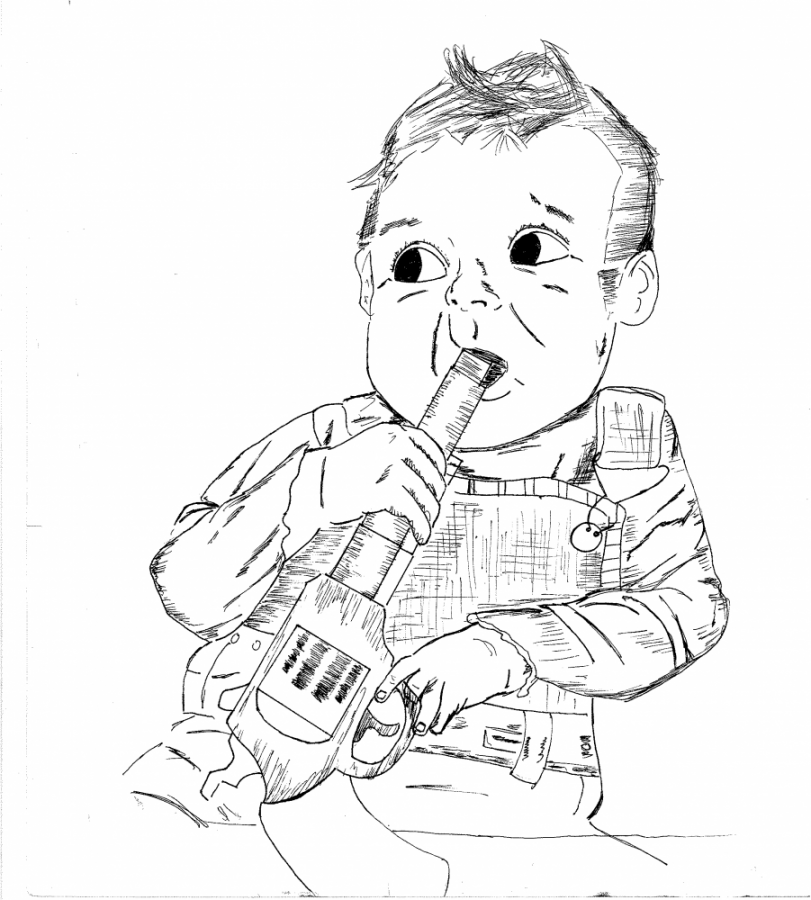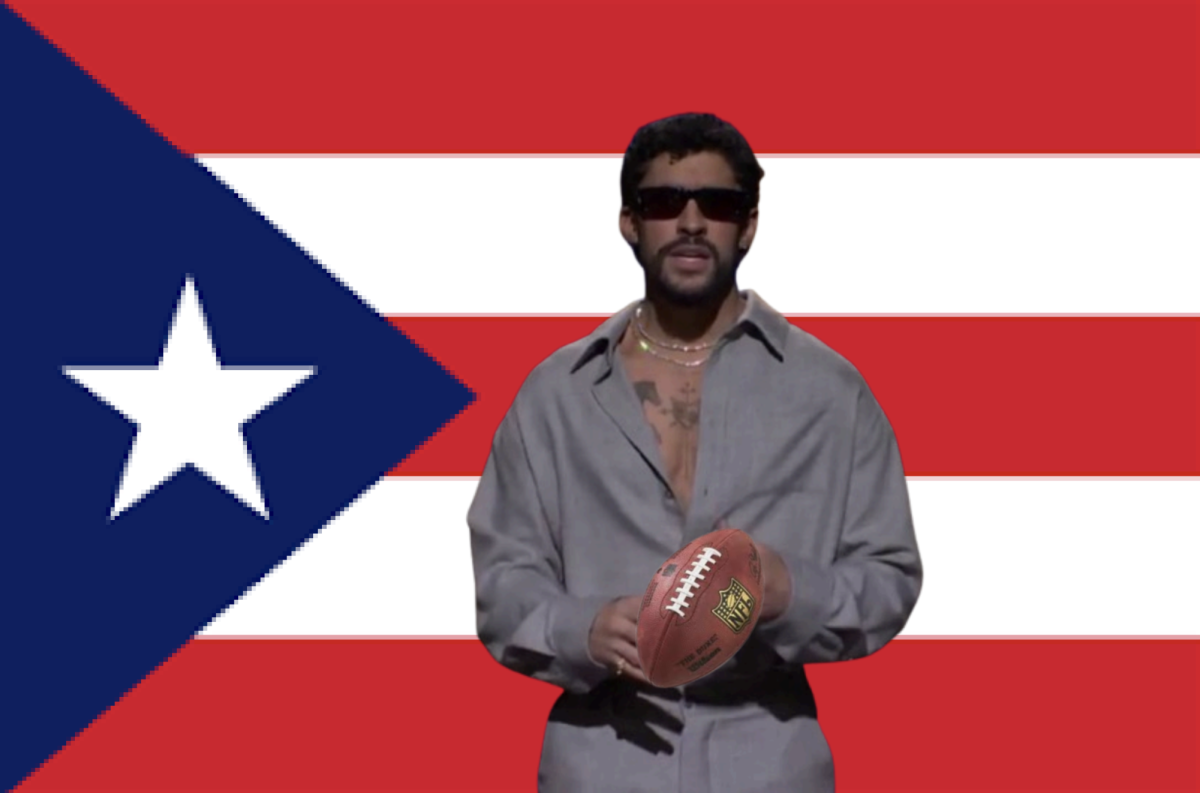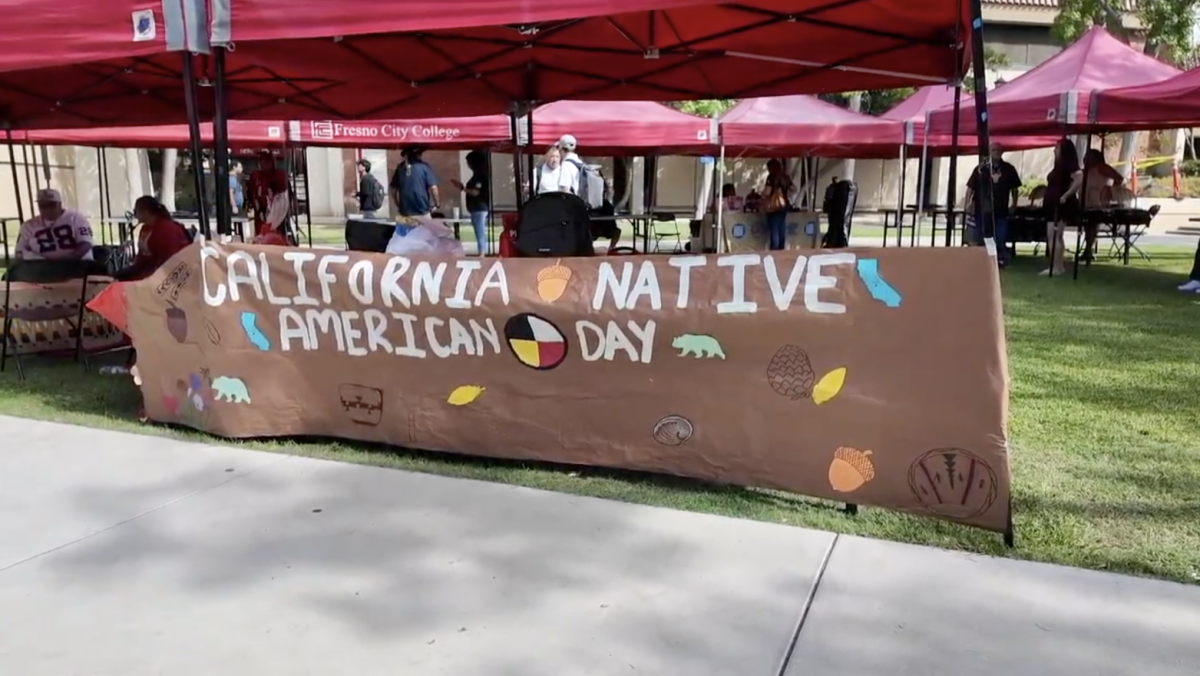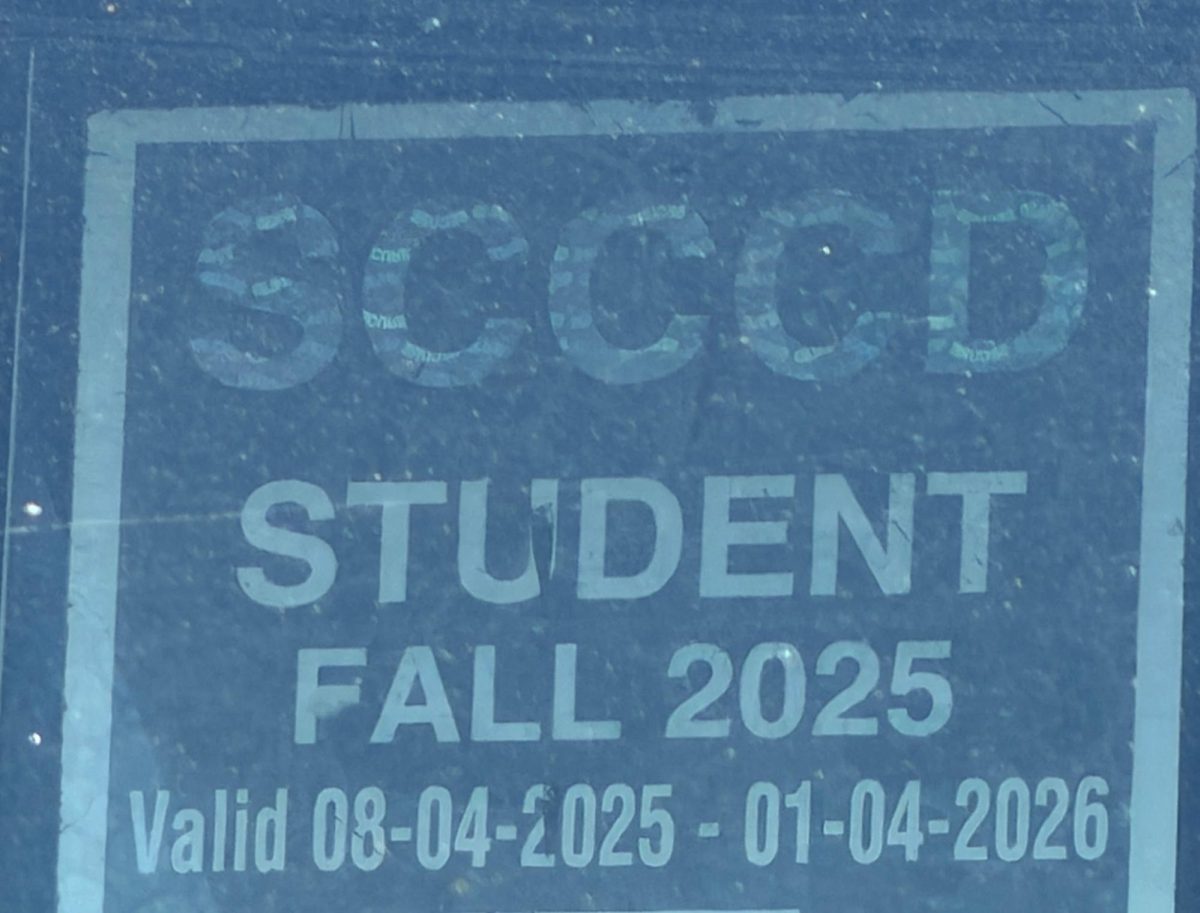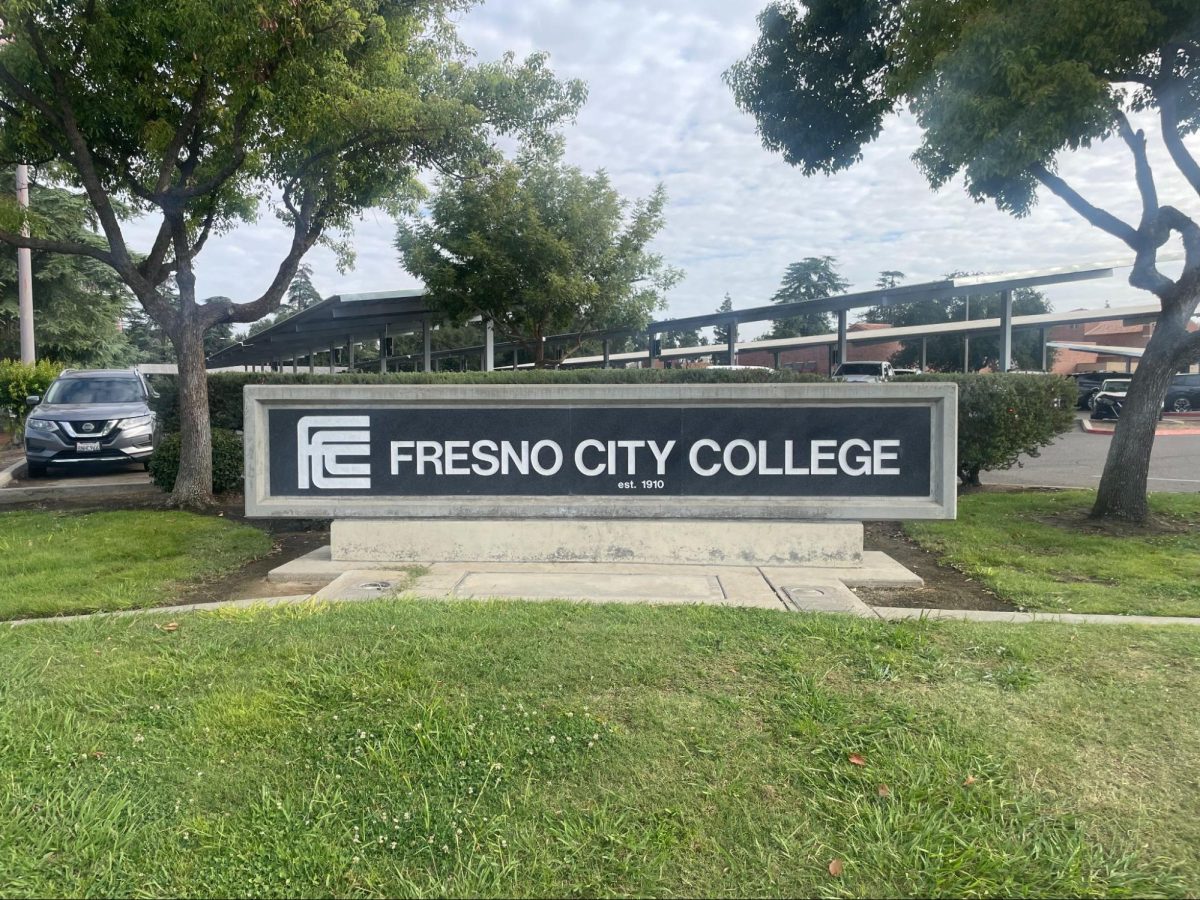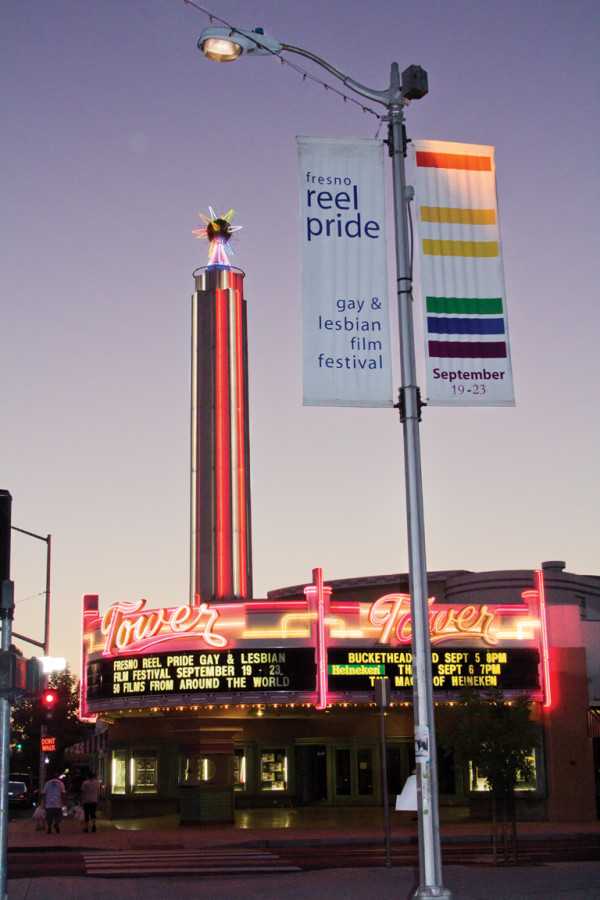If you need a quick list of films that are full of racism and stereotypes, flip to the children’s section of your Netflix account – you’ll find a bunch.
Yes, children’s programming. Disney is filled with characters and passages portraying African-Americans in an uncomplimentary way. The tragedy is that in spite of societal gains overall, and the recognition of this in some media programs, Disney, the largest influence in young children’s lives, continues to peddle a one-dimensional view of a group of people.
“We work all day, we work all night; we never learned to read or write.” In “Dumbo”, the only black people in the film were singing a song about working, not reading, and being happy. They were workers putting up the circus tents with the animals at the beginning and that was their only representation. The crows at the end of the film, led by “Jim Crow,” were outsiders that spoke with southern accents and heavy use of slang.
Jim Crow laws mandated segregation in southern states that supposedly created “separate but equal” public facilities for African-Americans. What was Disney trying to do by naming their character Jim Crow? Was it a political statement or sick joke?
In 1999 Disney released “Tarzan.” To avoid any racial issues seen in previous versions, Disney decided to “solve” this problem by not having black people in the film at all. Essentially there were no Africans in Africa. If a child watched Tarzan with no concept of reality versus fiction, they’d assume Africa was full of only white people and animals.
Is there a reason the bad guy is almost always portrayed as dark? The character of Scar in “The Lion King” was an uncharacteristically black-haired lion. It doesn’t catch my eye directly when I see things like that, but that’s because I grew up on Disney. I now expect to see the villain be someone with dark features. This tells our children, however subtly, to expect people with dark features to do bad things.
Whose fault is it? Does the blame go to Disney for perpetuating stereotypes, or does the blame fall on the parents for not realizing it and subtly instilling those values into their children?
“Snow White and the Seven Dwarfs” came out in 1937, and it took 72 years for there to be a black princess. Is this discrimination or ignorance? The real question is, is either OK?
Just because something is unintentional, that does not mean that it is acceptable.
When racism or a stereotype is in a wrapper labeled “family friendly,” sometimes we don’t realize that our inability to see what lies beyond is really demonstrating our acceptance of prejudice and acknowledging that it’s something we’ll pass down to our children.
The issue is not even necessarily the implied or direct racism, but what the parents continue to do with the content. Would you let your kids listen to Howard Stern? Probably not, and you shouldn’t.
Unfortunately we cannot attach the “adults only” rating to Disney films. Disney has us so brainwashed that not only do we not see the racism, we will defend it. It will take effort, but maybe someday we can attach “informed parents only.”
I think the message here is that we need to be more careful about what material we expose our children to, and I don’t mean just Disney. Racism doesn’t always stand up and punch us in the face. Sometimes if we blink, we might miss it.
As we celebrate Black History Month, we might consider how to begin countering this negative image. Do I have a solution? No, and you’ll have to pry my DVD of “The Lion King” out of my cold dead hand. But we cannot begin to look for an answer if we didn’t even know that there was a question that needed asking.
The zen guide To insensitivity: Disney perpetuates black stereotypes
Story By: Troy Pope, Rampage Reporter
February 15, 2012
0
More to Discover


